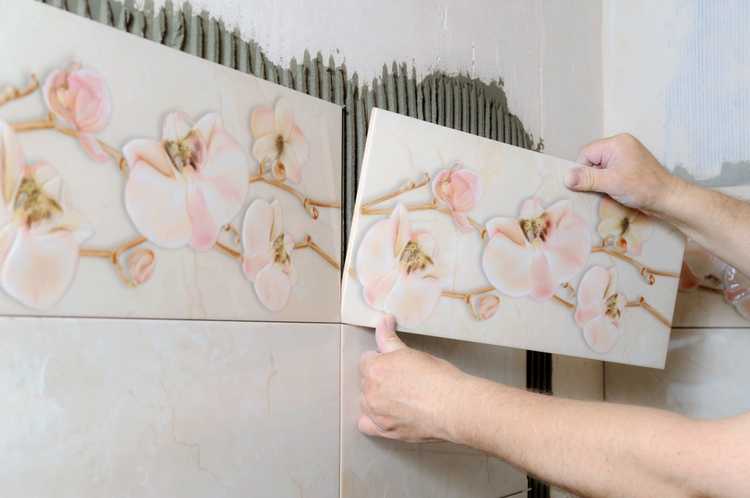
Choosing the Right Tile Adhesive for Your Project: Don’t Let Your Dream Floor Become a Nightmare
The allure of a beautiful tiled floor or backsplash is undeniable. But before you get swept away by mosaic patterns and grout colors, there’s a crucial decision: selecting the suitable tile adhesive. This might seem minor, but using the wrong adhesive can lead to a tiling nightmare – cracked tiles, grout failure, and leaks. Fear not, DIY warrior! This guide equips you with the knowledge to choose the perfect adhesive for your project.
Understanding the Tile Adhesive Squad:
There are three leading players in the tile adhesive game:
- Thin-set mortar: The industry standard is that thin-set is a cement-based mix offering excellent strength and durability. It comes in modified and unmodified varieties. Modified thin-set boasts superior flexibility and is ideal for floors, countertops, and areas prone to movement or moisture.
- Mastic: A pre-mixed, user-friendly option, mastic is a lifesaver for small wall tile projects in dry areas like backsplashes. However, mastic needs to have the strength and flexibility of a thin set, making it unsuitable for floors or high-traffic areas.
- Epoxy adhesive: The heavyweight champion, epoxy offers unmatched strength, chemical resistance, and waterproofing. It’s the go-to choice for demanding applications like swimming pools, industrial kitchens, and outdoor use.
Matchmaker, Matchmaker, Make Me a Perfect Tile Match:
Now, let’s play matchmaker and pair your project with the ideal adhesive:
- Consider your tile type: Ceramic and stone tiles play nicely with thin-set mortar. For natural stones prone to movement, choose a modified thin-set. Porcelain tiles can handle most thin-set options. Glass mosaic tiles, with their smooth, non-porous surface, often require the extra muscle of epoxy.
- Remember the substrate: The surface you’re tiling onto is your tile’s foundation. Concrete and cement backer boards are compatible with most adhesives. Wooden subfloors require a specially modified thin set with good deflection properties to handle flexing.
- Location, location, location: Floors experience more stress than walls. Opt for a robust and flexible adhesive-like modified thin-set for floor tiles. Wet areas like bathrooms and kitchens demand waterproof properties, so choose a modified thin-set or epoxy.
The Vura Advantage:
Vura offers a premium selection of thin-set mortars, mastics, and epoxies, ensuring you have the right tool for the job. We pride ourselves on providing high-quality adhesives that are easy to use and deliver long-lasting results.
Bonus Tips for a Flawlessly Tiled Project:
- Read the label: Always refer to the manufacturer’s recommendations for the tile and the adhesive.
- Time is of the essence: Consider factors like pot life (working time) and cure time when selecting an adhesive.
- Prep is critical: Prepping the substrate properly ensures a strong bond between the adhesive and the surface.
Following these steps and choosing the suitable Vura tile adhesive, you can transform your dream floor or backsplash into a beautiful, durable reality. Now go forth and conquer that tiling project!







